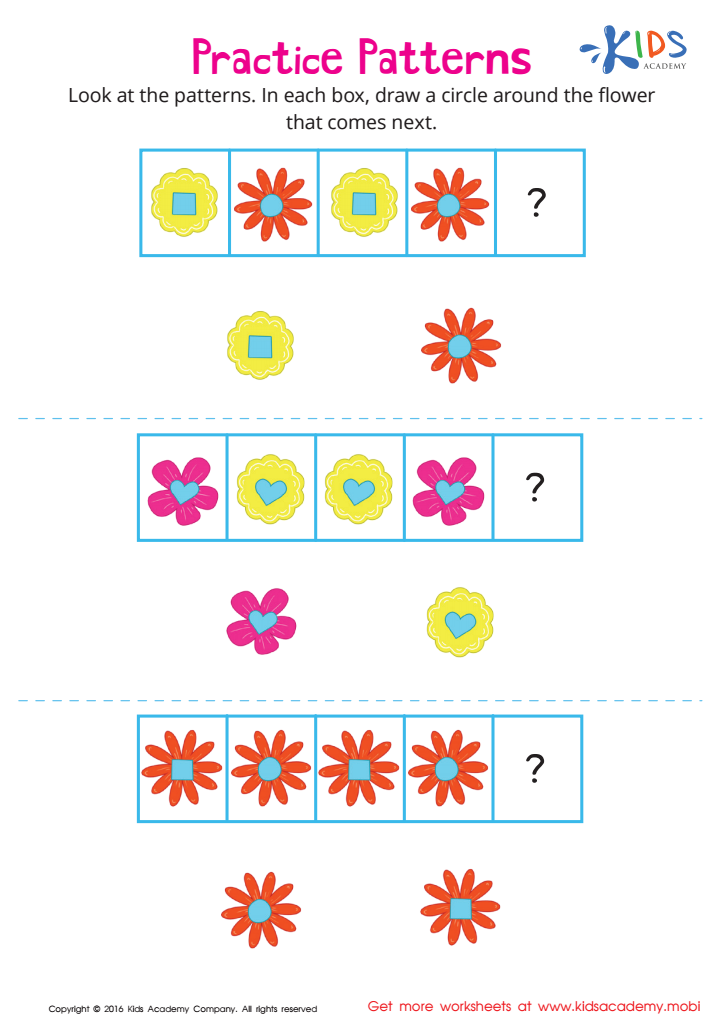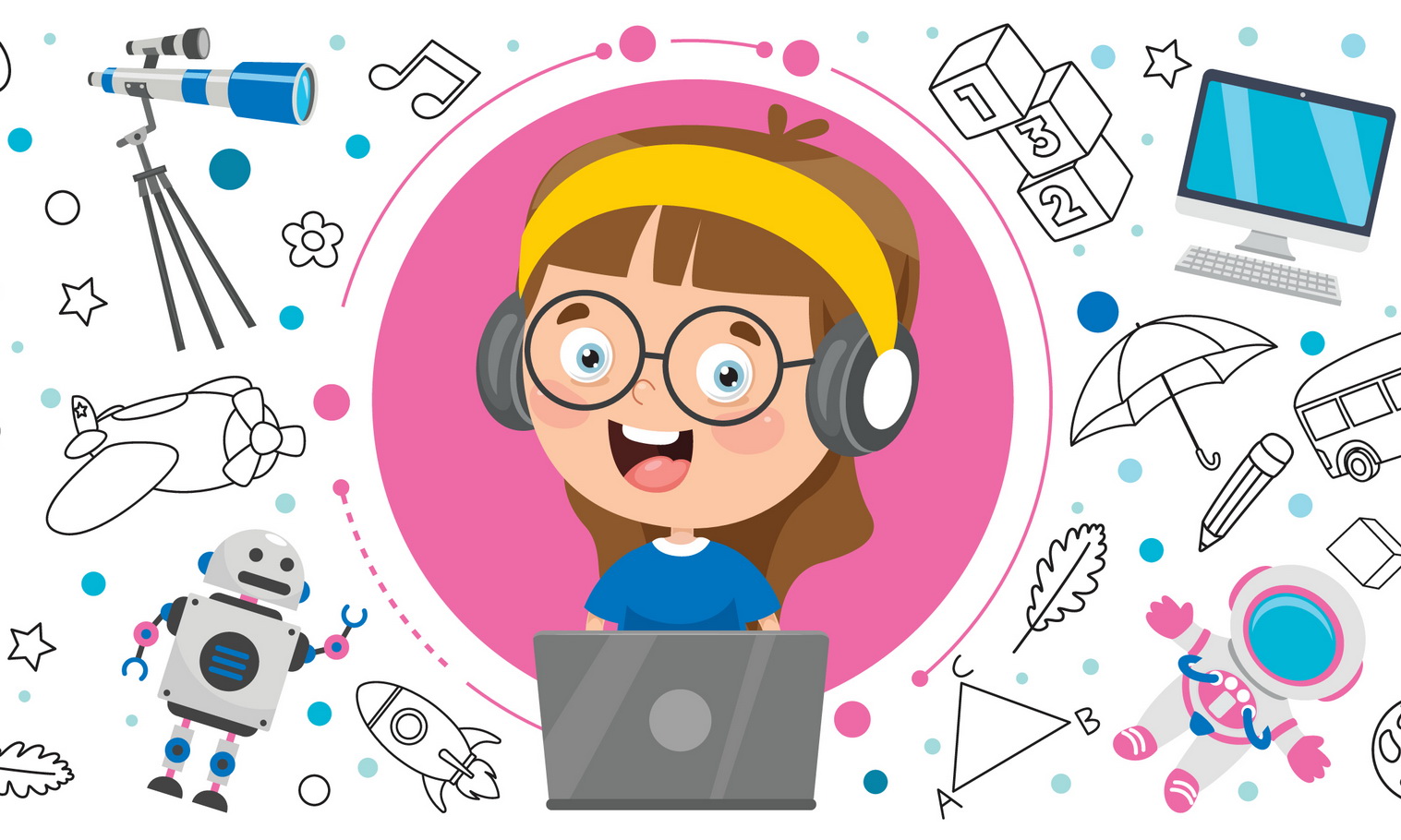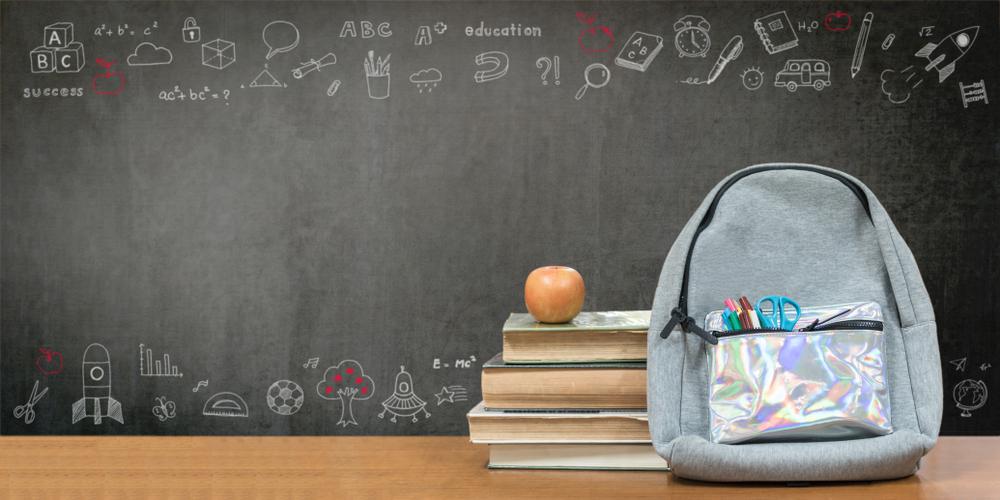Logical thinking Normal Worksheets for Ages 5-6
9 filtered results
-
From - To
Unlock your child's potential with our Logical Thinking Worksheets designed for ages 5-6! These engaging and interactive worksheets focus on enhancing critical thinking skills through diverse activities like puzzles, pattern recognition, and problem-solving challenges. Our carefully crafted materials encourage young learners to think analytically while having fun, boosting their confidence and nurturing a love for learning. Perfect for home or classroom use, these worksheets provide a solid foundation in logical reasoning and cognitive development. Help your child embark on a journey of discovery and intellect—explore our Logical Thinking Worksheets today and watch them thrive!
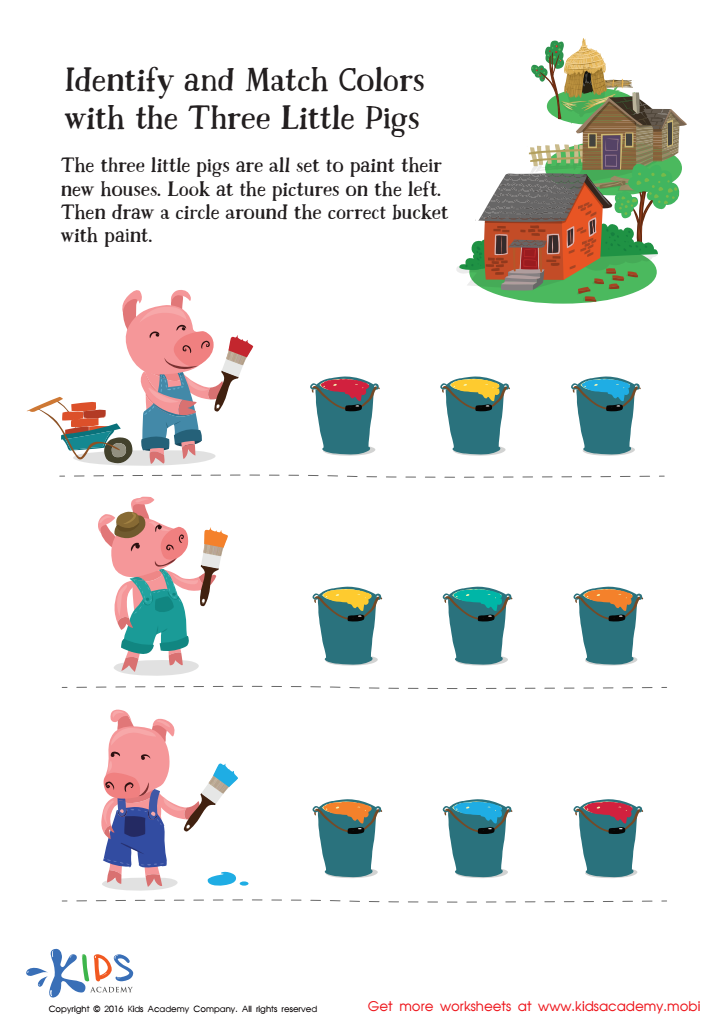

Fairy Tale Worksheet: Identify and Match Colors with Three Little Pigs
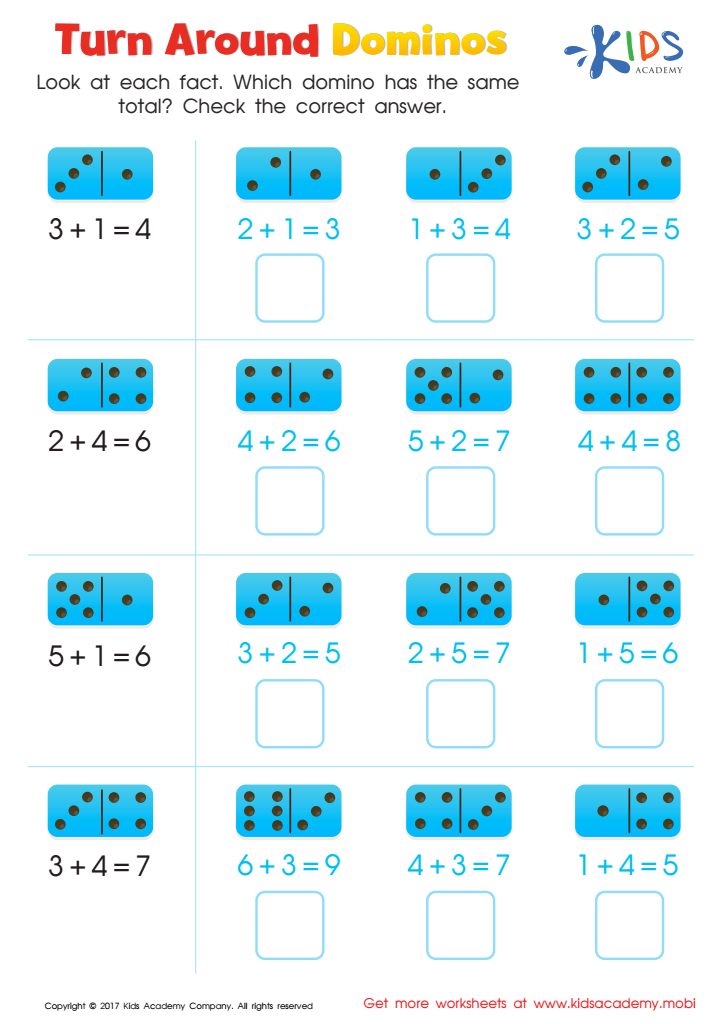

Turn Around Dominos Worksheet
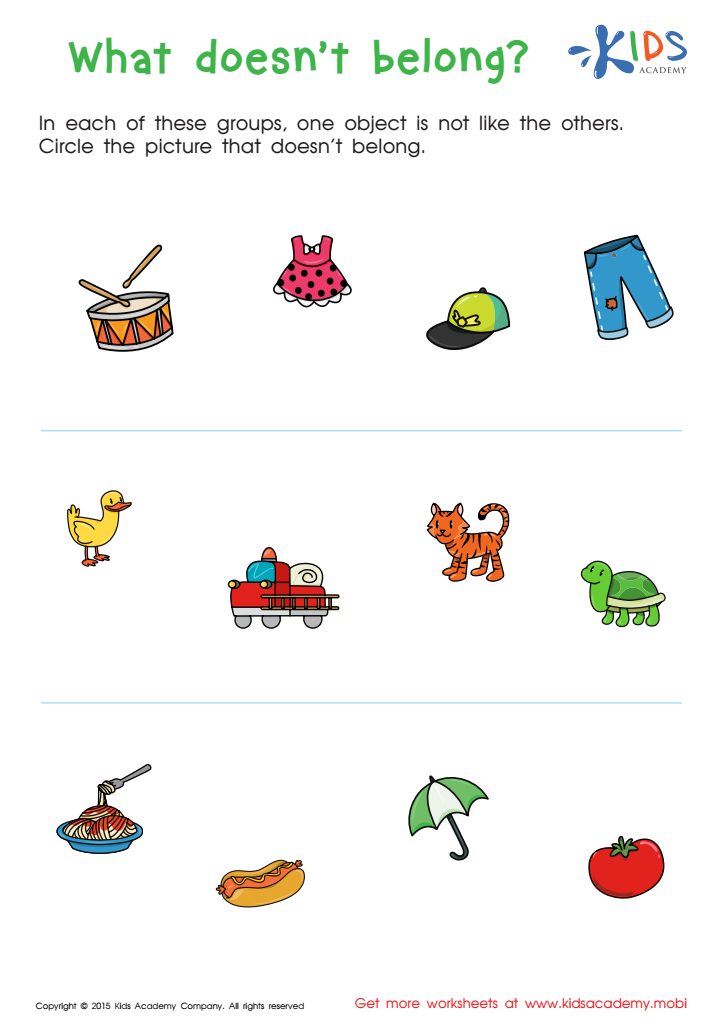

First Words: What Doesn't Belong Worksheet
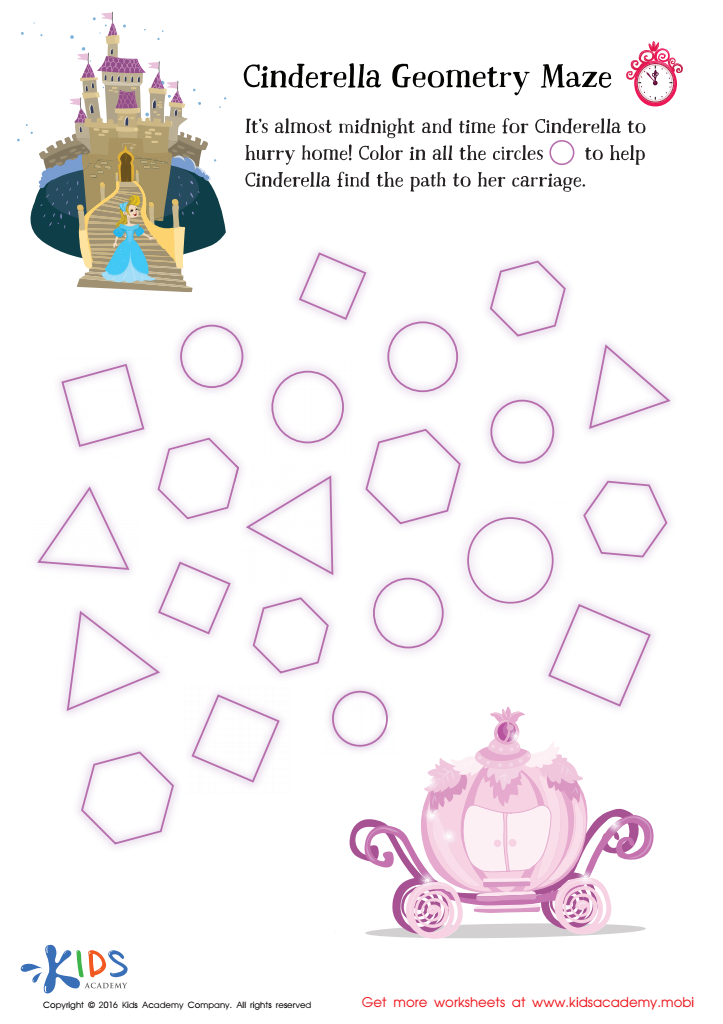

Cinderella Geometry Maze Worksheet
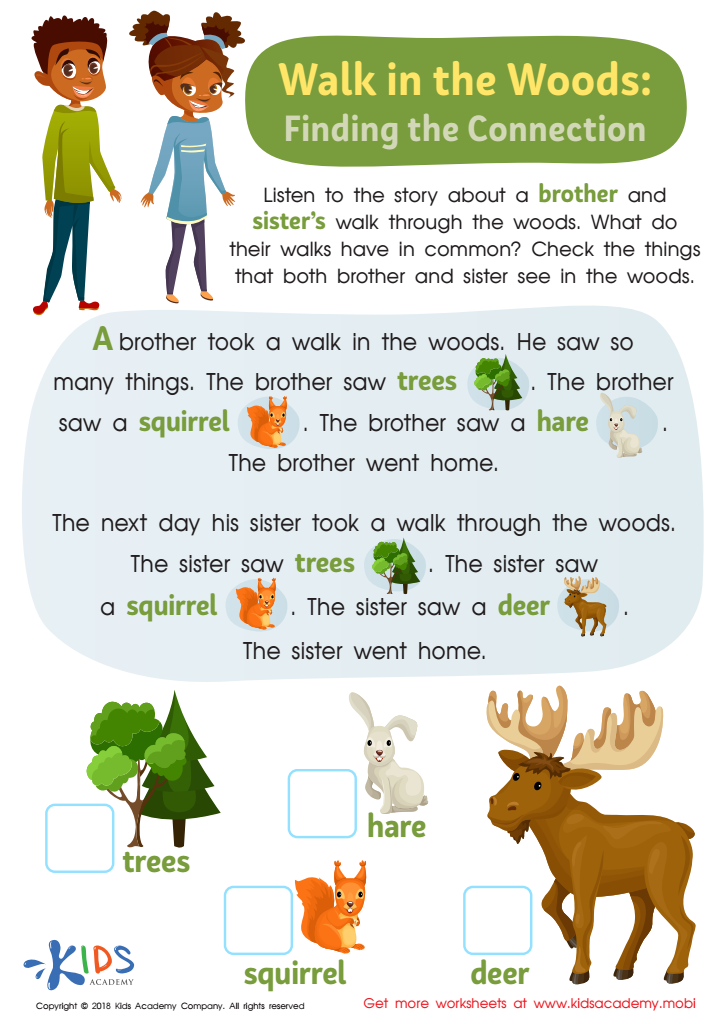

Walk In the Woods: Finding Connections Worksheet
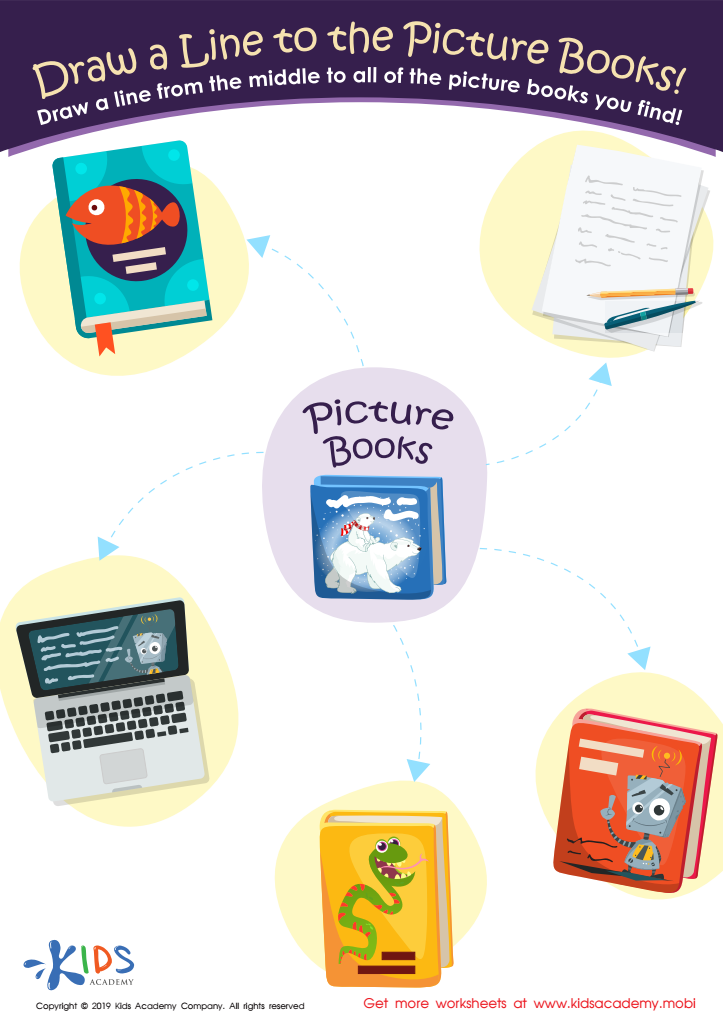

Draw a Line to the Picture Books Worksheet
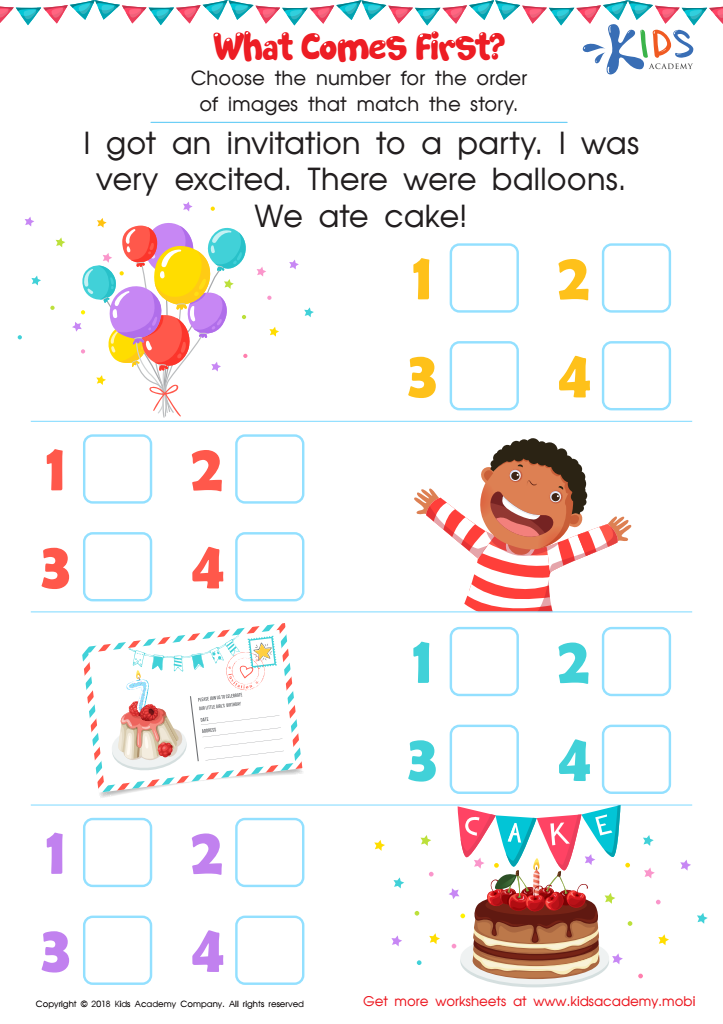

What Comes First Worksheet
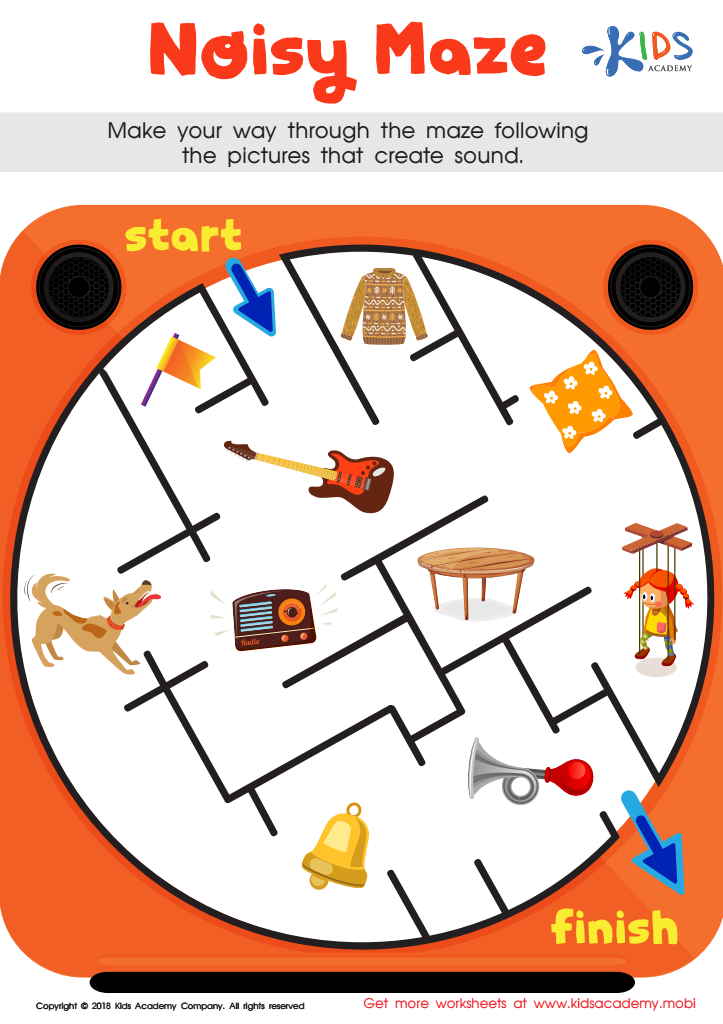

Noisy Maze Worksheet
Logical thinking is a fundamental cognitive skill that plays a crucial role in a child's development, especially during the ages of 5-6. At this stage, children are rapidly expanding their ability to think critically, solve problems, and make connections between ideas. Parents and teachers should prioritize logical thinking for several reasons.
First, it lays the groundwork for academic success across subjects, particularly in mathematics and sciences, where problem-solving skills are essential. Children who engage in logical thinking activities are more equipped to tackle complex concepts later in their education.
Second, logical thinking fosters independence and confidence in young learners. By encouraging them to think through problems and come up with solutions, adults help build resilience and decision-making abilities, essential traits for lifelong learning.
Moreover, logical thinking enhances social skills, as children learn to consider different perspectives and approach conflicts rationally. It helps nurture creativity as well, as children start connecting ideas and thinking outside the box.
Incorporating activities that promote logical reasoning—like puzzles, games, and open-ended questions—provides an exciting learning environment that stimulates curiosity and a love for learning. Fostering these skills now will benefit children throughout their educational journey and beyond.
 Assign to My Students
Assign to My Students

